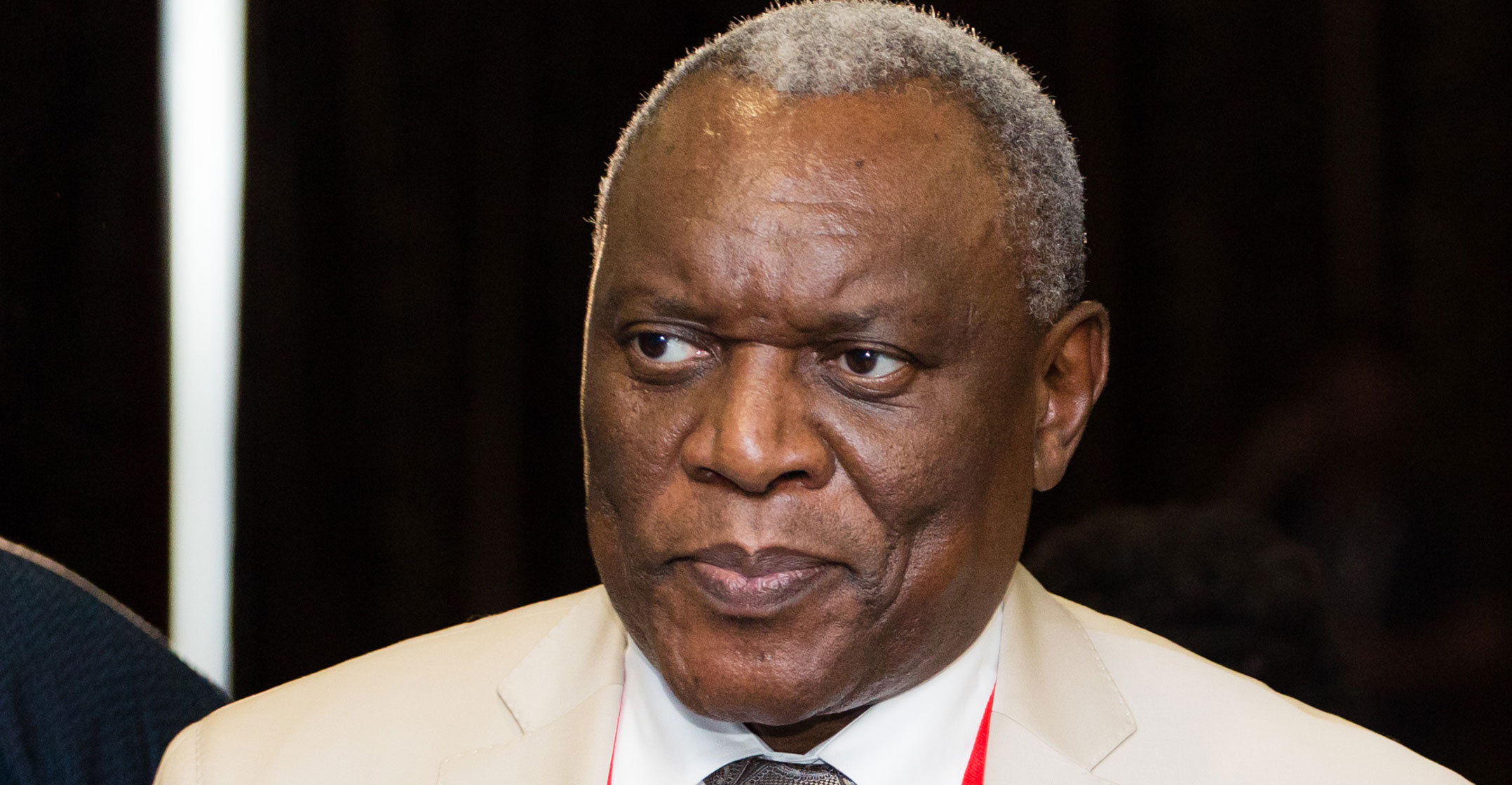 Communications regulator Icasa is suspending expedited plans, at least temporarily, for licensing a wholesale open-access network (Woan). Instead, it will focus on licensing spectrum to commercial operators.
Communications regulator Icasa is suspending expedited plans, at least temporarily, for licensing a wholesale open-access network (Woan). Instead, it will focus on licensing spectrum to commercial operators.
Icasa published a timetable on 1 October for South Africa’s planned spectrum auction and a schedule for the “expedited licensing” on the Woan. Under that plan, Icasa should have published a consultative document related to the Woan licensing today, 19 November, but will no longer do so.
“Given the sensitivity of the spectrum licensing process and the ongoing consultation processes in that regard, as well as numerous continuous related considerations, including legal imperatives, Icasa has resolved to temporarily suspend the timetable relating to the licensing of the Woan,” Icasa said in a statement.
“This is done to allow the conclusion of the consultation process relating to the permanent licensing of the IMT (mobile) spectrum, thus enabling the authority to interrogate the impact of the outcomes on the licensing of the Woan.”
Icasa will now “engage other international jurisdictions to draw lessons from their experiences on the licensing of a typical Woan”, it said. Chairman Keabetswe Modimoeng said: “There is a compelling reason to revise this tactical approach with regards to the Woan process. This Woan licensing process is aimed at introducing an additional credible player with a view to promote competition in the ICT sector for the benefit of all South Africans. Therefore, it is very important to enhance our knowledge and develop a holistic approach to the Woan process. Such additional engagements will provide a clearer guidance in terms of how effective and economical this licensing process will be.”
Controversial
South Africa’s Woan is a government-created concept meant to encourage competition at the services layer, instead of the infrastructure layer, by creating a private sector-led wholesale entity with multiple investors able to serve Internet service providers and others. It has been controversially since it was first mooted.
The idea was pushed aggressively by former communications minister Siyabonga Cwele and former director-general Mabuse Nkuna, and was adopted in several markets around the world, most prominently in Mexico, where it failed.
In July, Altán Redes, the company developing the Woan known as Red Compartida, filed for bankruptcy. The network was created with the intention of curbing the dominance of America Móvil, the dominant incumbent controlled by billionaire mogul Carlos Slim.

South Africa’s planned Woan — a much-derided concept among local operators and telecoms experts — was partly modelled on Mexico’s experience. It was lauded by Cwele, who even reportedly travelled, with a South African delegation, a few years ago to meet with Mexican officials to learn about the country’s experiences.
Under government’s plan, the Woan would enjoy special offtake agreements as well as cheap access to spectrum. The rules meant that Vodacom and MTN would be required to buy 30% of the new entity’s available capacity. Cwele had previously wanted to gift the Woan a monopoly over new telecoms spectrum, threatening investment in South Africa’s telecoms industry and prompting nearly universal outrage.
Icasa said on Friday that it still plans to proceed with the processes for licensing a Woan, saying it will outline its plans in this regarding by the end of March next year – or around the same time it hopes to conclude the spectrum auction.
It said spectrum will still be set aside for the Woan during the spectrum licensing process. – © 2021 NewsCentral Media




